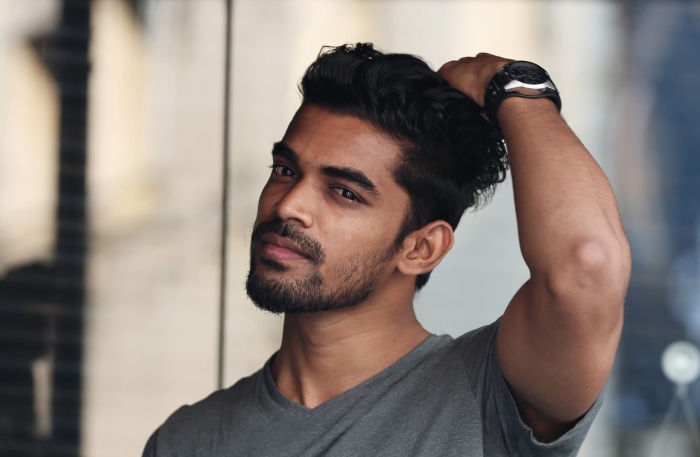These days, those suffering from hair loss have several treatment options. And one of the most efficient is hair transplant. If you have this issue and are considering hair transplant, Turkey is the best place to get the procedure. It’s much more affordable there than, for example, in the UK or the US, and the treatment quality is high due to a lot of years of experience. The staff often speak fluent English and treat their patiens really well. Moreover, the average waiting time is short, compared to other countries. When opting for a hair transplant in Turkey, or anywhere else in the world, it is important to be aware of the certain things you should and should not do. We have kept things simple for you and listed the key dos and don’ts to be aware of following your hair transplant.

Reduce Exercise
Exercise should not be high on your list of priorities following a hair transplant. You must ensure that you do not exercise or take part in any overly strenuous tasks. Rest is also elemental within the initial period, so ensure you do not exercise heavily and rest up within the first 14 days following the procedure.
For the first week after your hair transplant, you should keep activity such as this to a minimum. No exercise should be done, and this includes refraining from lifting, bending, or taking part in any potentially damaging tasks.
Adhere to the Aftercare Plan

Following your hair transplant procedure, you will be given a tailor-made, personalised aftercare package. This document will include a variety of instructions you must follow. These are put into place in the assurance that your procedure is successful, your hair transplant takes, and the results are as positive as possible. If you have any questions about your personalised aftercare routine, you should consult your clinician to clarify all details.
Wash Carefully
Washing your hair after a hair transplant is possible, but you must be careful. Although it is a good idea to remove any blood or scabs, you must not pull too hard at the affected area or rub at your scalp excessively. This could easily alter the position of the transplanted hair, elongating your healing time. This should be specific within your aftercare document, so take heed of all guidance within.
Eat Well

If you fill yourself with the correct nutrients and healthy food, this will aid with your recovery process. This will also help you stay healthy, as well as keeping your hair in the best condition possible in the future. Ensure you consume a diet rich in nutrients and vitamins, as well as making sure that your diet is balanced.
Correct Your Sleeping Position
Make sure that the position you sleep in will not damage your hair grafts. This will help reduce the amount of swelling experienced, which will speed up your recovery time.
Your head should remain elevated when you sleep to around 45 degrees, as much as physically possible. This will mean that you will need to acquire pillows that allow for this or find an alternative to your usual bed.

If you follow all of this guidance, you will be able to make the most of your new head of hair. You will not only feel better during the recovery process but will be able to reap the rewards of your hair transplant in the future, enjoying the head of hair you have desired for so long.
Always consult your doctor or physician if you suspect your hair transplant is not taking, and do not leave it too late, or else the entire process may have been a waste.










